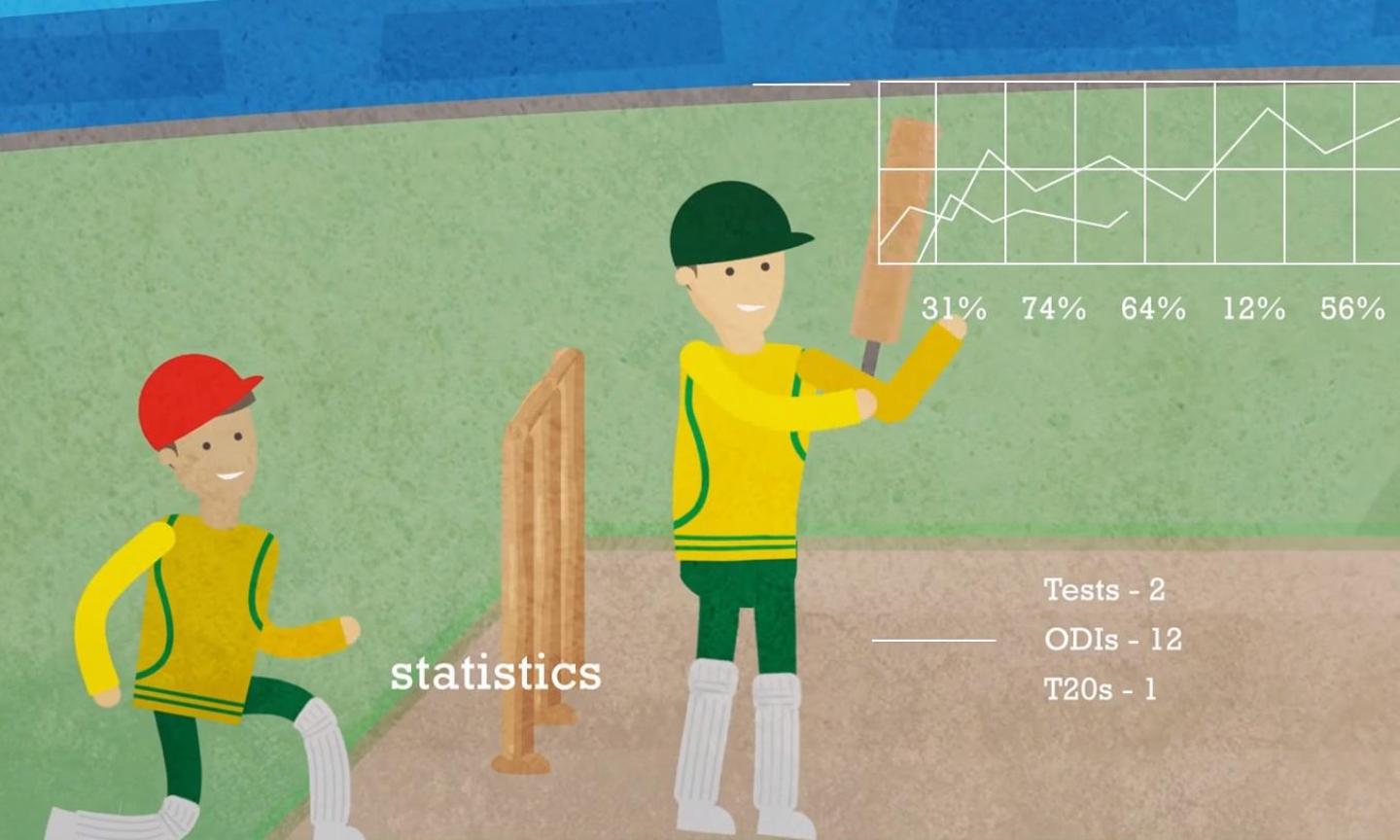You’ll participate in a wide range of learning methods, including lectures, tutorials, and computer laboratory classes.
Classes are typically held over a three-hour period, and there are many opportunities for you to engage in teamwork and consulting activities. The more actively you are involved, the more you’ll get out of the subjects.
There are four key learning outcomes in this graduate certificate:
- personal and professional awareness
- knowledge and technical competence
- problem-solving, and
- information literacy.
RMIT advocates for work integrated learning as a way of obtaining work ready skills. This means your formal learning will be linked to practical examples where you can practice on real life problems.






